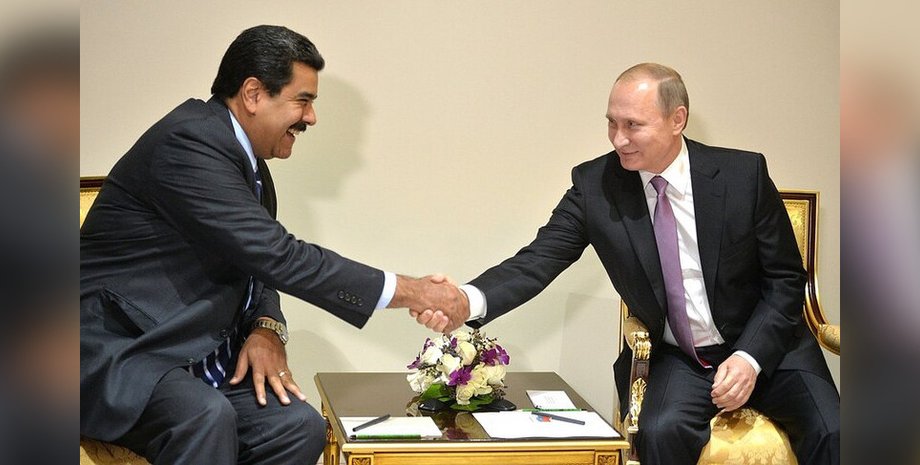
 By Victor Duda
By Victor Duda
The move came after the United States stepped up its military presence in the Caribbean and carried out a series of strikes on vessels allegedly linked to drug trafficking. Maduro's requests are contained in internal US government documents obtained by The Washington Post. According to the publication, in the document, Maduro emphasized that the situation in the region is an "escalation between the United States and Venezuela" and requires immediate strengthening of the country's defense.
In the letter, Maduro detailed a list of requests, including: The documents show that the letter was to be delivered by the Minister of Transport of Venezuela, Ramon Celestino Velazquez, during a trip to Moscow. According to The Washington Post, Maduro also sent an appeal to Chinese President Xi Jinping. In it, he stated the need to "expand military cooperation" and speed up the supply of Chinese radar detection systems.
Separately, the documents state that Venezuela coordinates the supply of military equipment and drones with Iran. It is known that Velazquez discussed with Tehran's representatives the supply of "passive detection systems", means of GPS radio-electronic jamming and drones with a flight range of about 1,000 km. The reaction of Beijing and Tehran to Maduro's appeal remains unknown. Against the backdrop of uncertainty with China and Iran, Russia remains Maduro's main partner.
At the same time, the Kremlin has already ratified a new strategic agreement with Venezuela. However, according to analysts, with the start of the war in Ukraine and the effect of Western sanctions, Moscow's ability to support Caracas has decreased. In recent years, Russia has reduced diplomatic and military activity in Venezuela, partially moving its intelligence facilities to Nicaragua.
Former US ambassador to Venezuela James Storey noted: "The fact that we have moved more than 10 percent of our naval assets to the Caribbean is already a victory, in a sense, for Putin," he said, emphasizing that US attention is now being divided between Europe and Latin America. According to the documents, the existing Russian equipment in Venezuela is largely outdated or defective. Some of Su's aircraft, purchased in previous years, have long been out of service.
Former Venezuelan military officers claim that even in 2018, only a few vehicles were operational. This month, Maduro announced the deployment of 5,000 Russian Igla-S cruise missiles, but independent experts say most of the systems have more of a symbolic effect than real military potential. Russia is a key player in the Venezuelan energy sector. Its state-owned companies have stakes in three joint ventures that account for about 11% of Venezuela's oil production.
In addition, Russian companies own the rights to explore gas and oil fields valued at billions of dollars. Analysts note that although Moscow receives stable profits from joint projects, it no longer actively invests in the development of the Venezuelan energy sector. It will be recalled that in September, the United States increased its military presence in the Caribbean, and the Gerald Ford aircraft carrier was sent to the region.
Donald Trump's administration says it is fighting international drug trafficking, while Venezuela accuses the United States of provocation and meddling in its internal affairs. The Kremlin's further reaction to Maduro's requests remains unknown. The fall of power in Caracas could mean for Moscow the loss of one of its key allies in Latin America, but Russian experts stress that the real opportunities for the Kremlin to intervene are limited.










All rights reserved IN-Ukraine.info - 2022